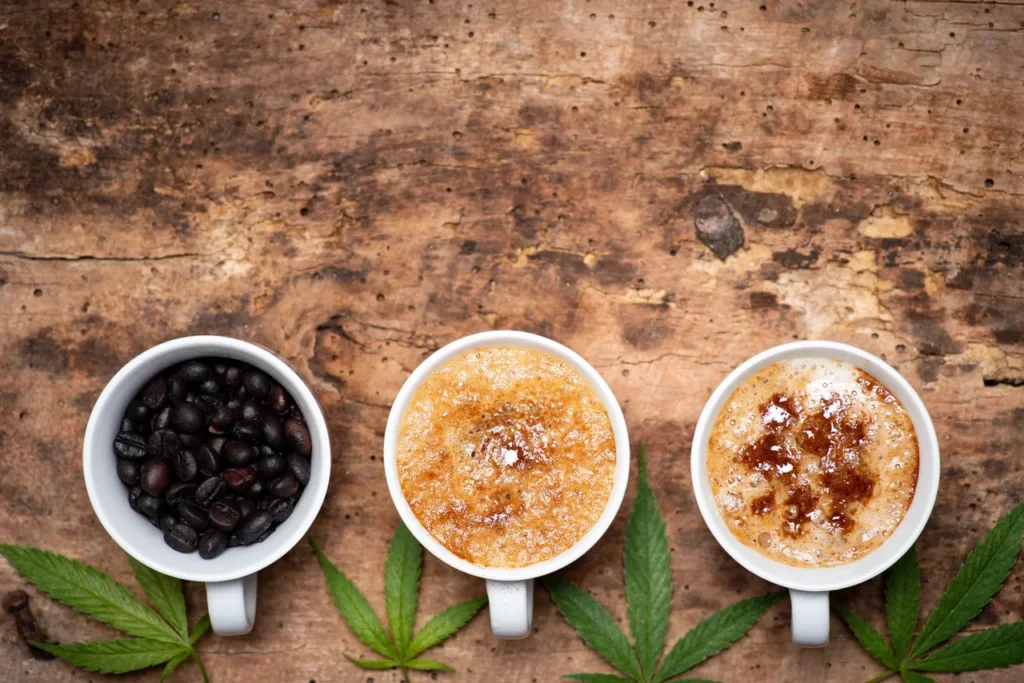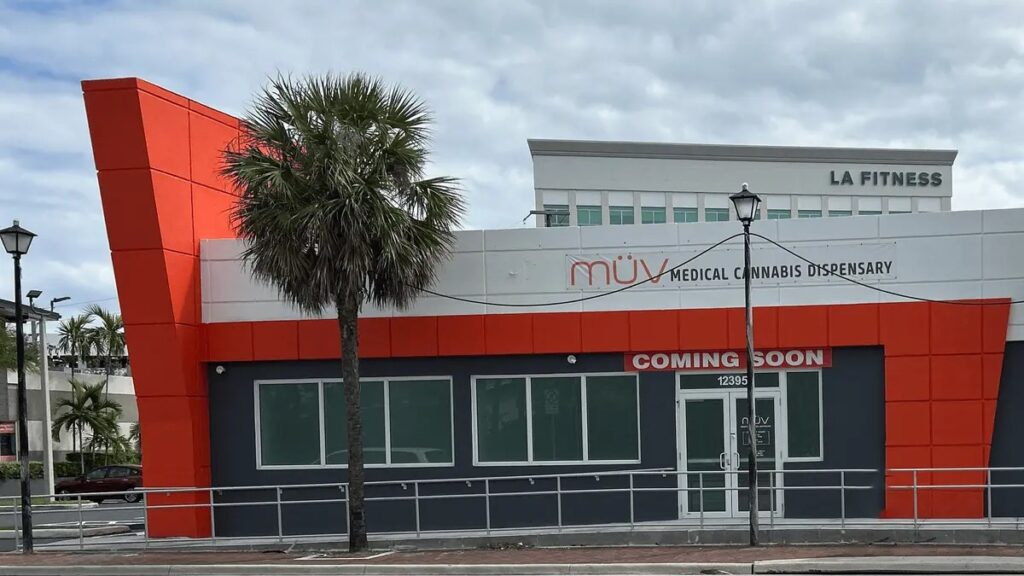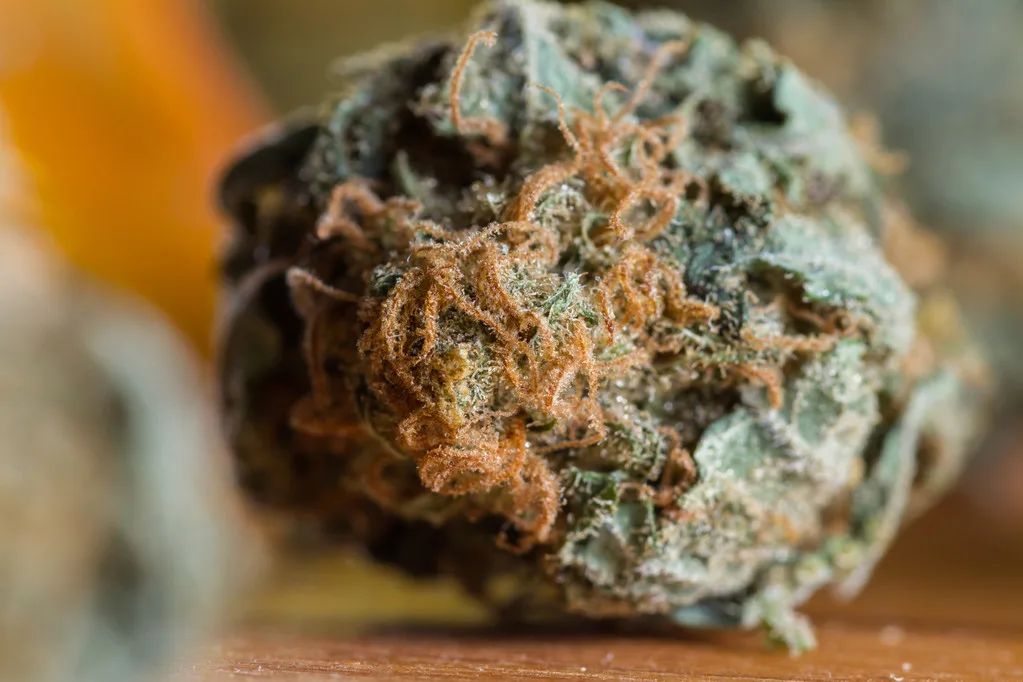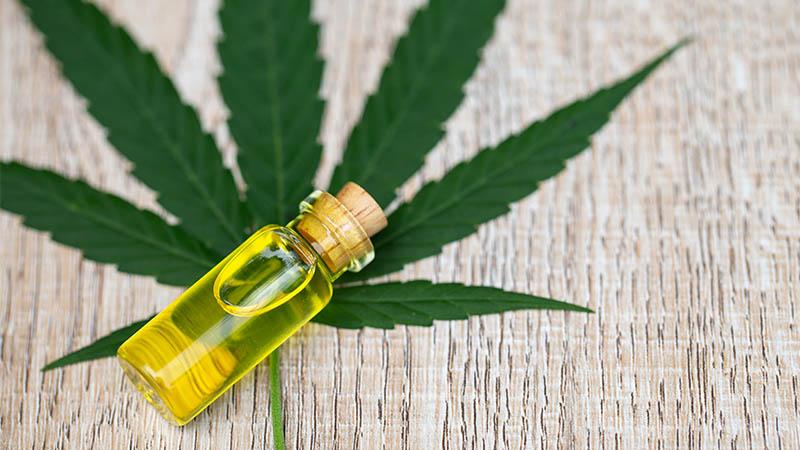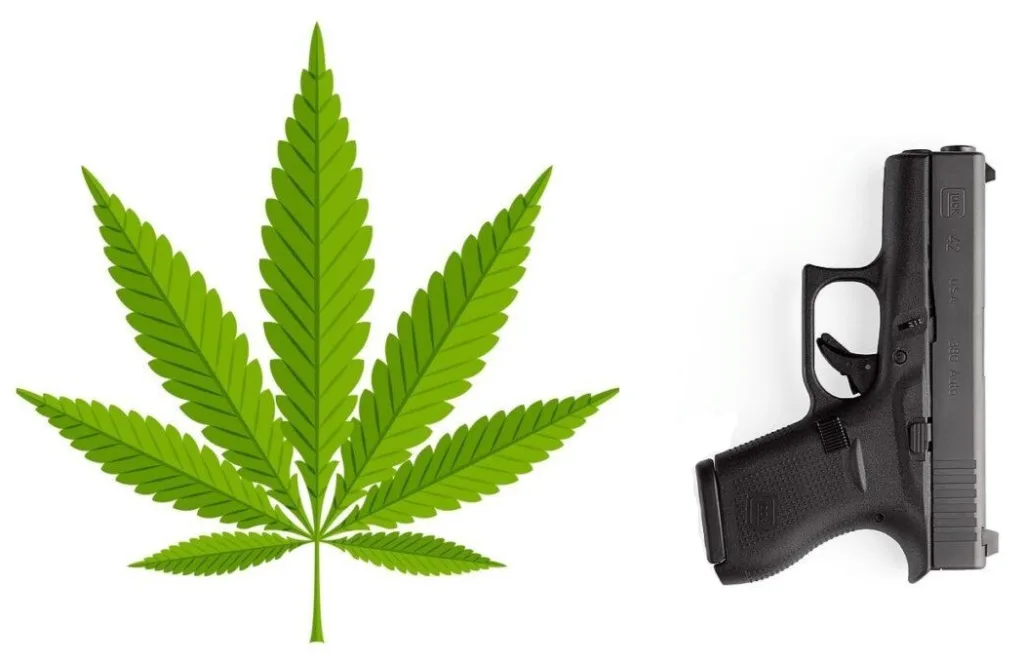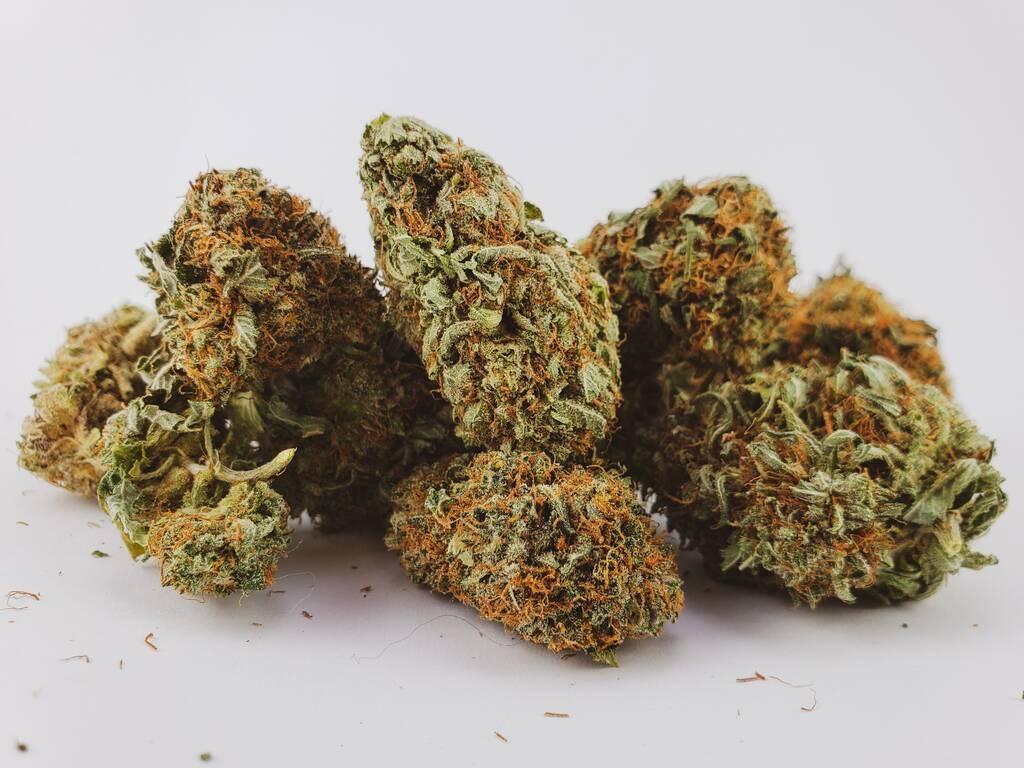A Nebraska measure that would significantly restrict the allowable forms of medical cannabis has been scheduled for a public hearing in the General Affairs Committee.

Marijuana capsules.
Filed by Senator Storm last month, the proposal would limit medical marijuana products to pills and liquid tinctures, excluding other forms such as edibles, concentrates, and smokable products. The hearing has been scheduled for 1:30pm on March 3 in Room 1023.
This proposal comes in the wake of the Nebraska Medical Cannabis Patient Protection Act (Initiative 437) and the Nebraska Medical Cannabis Regulation Act (Initiative 438), which both became law in December. These initiatives established legal protections for patients and healthcare providers, allowed patients to possess up to five ounces of marijuana with a physician’s recommendation, and set the framework for a regulated medical marijuana market.
Continue reading

